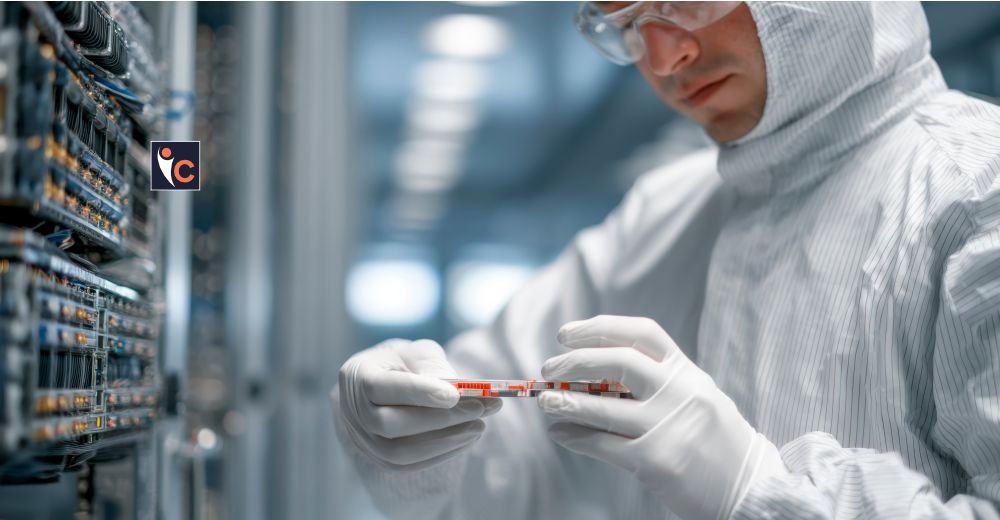Prime Highlights:
-
AI can spot folks at a big risk of deadly arrhythmias—helps stop sudden heart deaths.
-
It checks ECG data early, so doctors can act fast.
Key Facts:
-
Each year, sudden heart deaths kill over 5 million people worldwide.
-
It often hits without warning—even if you’ve never had heart issues before.
-
AI predicts dangerous arrhythmias with more than 70% accuracy.
Key Background:
Sudden heart death is a top killer globally, taking millions of lives. No signs before it strikes makes catching it early key to saving lives. Old ways to find risky cases aren’t enough, so we need better, faster tools.
Lately, AI has gotten good at reading ECGs to spot bad arrhythmias before they’re deadly. These AI tools look at loads of ECGs and find tiny signs of big heart trouble. Tests show they’re right over 70% of the time. This gives us a chance to step in early.
By knowing who’s at risk sooner, AI lets health folks do more—like give meds, suggest better life choices, or put in life-saving devices like defibrillators. These steps drop the risk of heart failure a lot, really saving lives.
And think about wearables like smartwatches—they keep an eye on heartbeats all the time. If they spot something off, they tell you to get help before it’s too late. Saves lives and keeps hearts safe.
As AI grows, it’ll do more in heart care—better watching, spotting problems sooner, and care just for you. Putting AI into everyday heart care is a big win, giving us hope to cut down sudden heart deaths all over.





